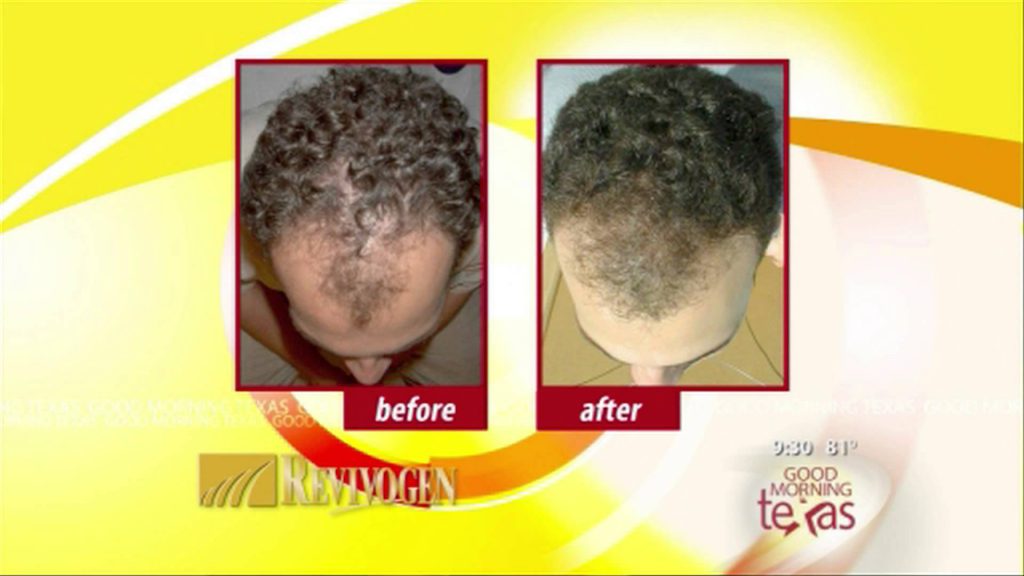PERSISTENT SEXUAL SIDE EFFECTS OF FINASTERIDE (PROPECIA) FOR MALE PATTERN HAIR LOSS
Dr. Michael S. Irwig from George Washington University has published a study on persistent Finasteride (Propecia) side effects in young men aged 21-46.
Study published March 18, 2011: http://onlinelibrary.wiley.com/doi/10.1111/j.1743-6109.2011.02255.x/abstract
——
http://gwtoday.gwu.edu/people/adrugsunintendedconsequences
A recent study by GW Professor Michael S. Irwig reveals persistent and possibly permanent side effects associated with a common hair loss drug.
Men taking medication for hair loss may suffer from prolonged and possibly irreversible sexual dysfunction, according to a recent study by Assistant Professor of Medicine Michael S. Irwig.
The study, recently published in the Journal of Sexual Medicine, reveals that finasteride–an antiandrogen that treats hair loss and is found in popular male pattern baldness drug Propecia–can cause persistent sexual dysfunction, including low sexual desire, erectile dysfunction and problems with orgasms.
While labeling on the medication in the U.S. currently warns about possible reversible sexual side effects, there is no reference to the effects being persistent, says Dr. Irwig, who conducted the study along with Swapna Kolukula of the Greater Baltimore Medical Center. Other countries, including the United Kingdom and Sweden, have documented persistent risks and required medical companies to include them in labeling.
Dr. Irwig first became aware of the problems caused by finasteride several years ago when he encountered several men who reported they had developed sexual dysfunction while taking the medication.
“It’s been very frustrating for a lot of these men because they’ve sought care from medical professionals who have looked at the literature and have not seen a risk of persistent sexual dysfunction,” says Dr. Irwig. “So a lot of these patients have been told to see psychiatrists and psychologists and that it’s all in their head.”
Dr. Irwig then noticed that men had reported sexual dysfunction for months after they stopped taking the medication.
“I came across a website called propeciahelp.com with more than 1,400 registered users—many young healthy men who developed the same sexual side effects from finasteride—and I discovered that nobody had published a series looking at these men—who they are, how long the sexual side effects lasted, what types.”
Dr. Irwig’s study included results from interviews with 71 men aged 21 to 46 years old to assess how long they took finasteride, the type and duration of sexual side effects and their sexual frequency before and after the medication.
Dr. Irwig discovered that 94 percent developed low libido, 92 percent developed erectile dysfunction and decreased arousal, and 69 percent developed problems with orgasm. On average, the men used finasteride for approximately 28 months but experienced persistent sexual side effects for an average of 40 months, from the time they ceased taking the medication to the time of the interview.
Dr. Irwig also found that the average number of sexual episodes per month dropped after finasteride use.
“It turns out that almost all the men had multiple sexual function problems,” says Dr. Irwig. “Before finasteride use, the men experienced average sexual activity of approximately 26 episodes per month, but after use, it came down to approximately eight per month —an almost two-thirds reduction.”
“Twenty percent of patients I interviewed experienced persistent sexual dysfunction for more than five years, which makes me wonder if their persistent sexual dysfunction is permanent,” he adds.
Dr. Irwig says roughly 5 percent of men who take medicine will experience sexual dysfunction, but that “out of that 5 percent, it’s hard to tell how many will experience persistent symptoms.”
“We know that this is a potential problem, but we can’t quantify what the exact risk is. I can’t tell a man if he has a 1-in-100 chance, or a 1-in-1000 chance of developing persistent sexual dysfunction, but it’s pretty clear there’s a relationship here,” he says.
Topical Rogaine can be used as an alternative to Propecia —applied directly on the skin, it does not get absorbed by body and thus does not cause sexual side effects—but Dr. Irwig says Propecia is very effective in treating hair loss and thus is commonly prescribed.
So Dr. Irwig says it is crucial physicians treating male pattern hair loss discuss the possibility of persistent sexual side effects associated with finasteride with their patients.
“I think it’s very important that doctors who are prescribing this medicine talk about potential risks, so men can make an informed decision,” he says.
===============
For more information, visit http://www.propeciahelp.com
Source: PERSISTENT SEXUAL SIDE EFFECTS OF FINASTERIDE (PROPECIA) FOR MALE PATTERN HAIR LOSS




